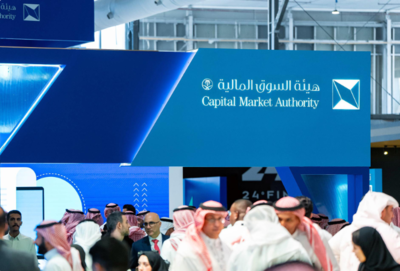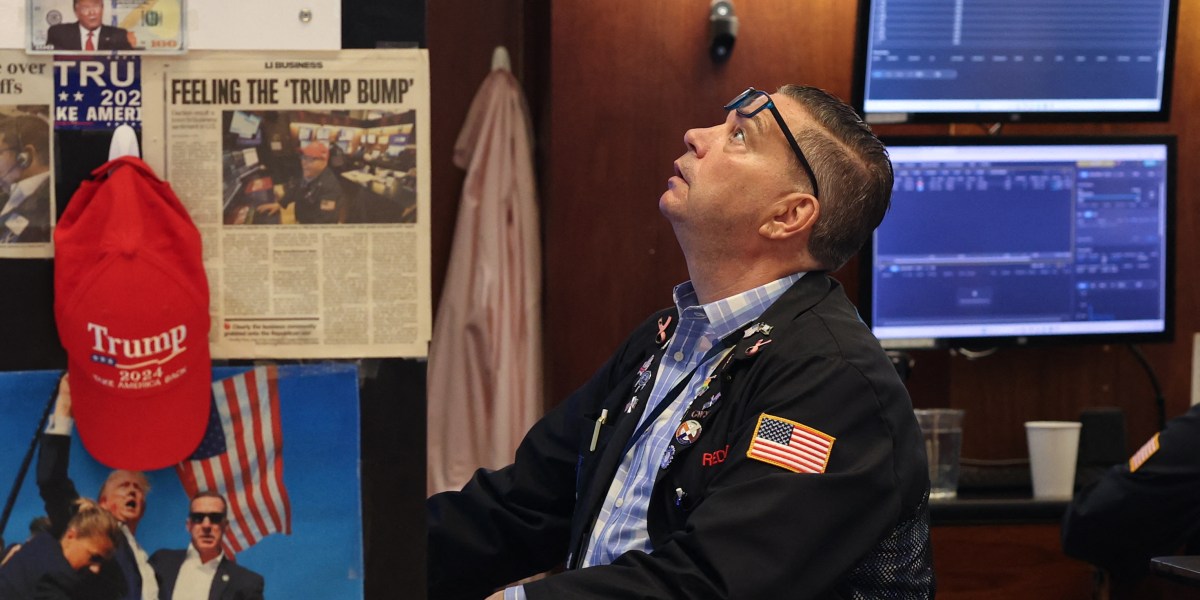Saudi Arabia caps foreign ownership in listed firms at 49%: Only six types of investors can qualify | World News

Saudi Arabia’s Capital Market Authority (CMA) has introduced new regulations governing foreign investment in listed securities, establishing clear ownership limits and eligibility criteria. The measures are part of a broader strategy to reform and open the Kingdom’s capital markets, while maintaining oversight and security. Key provisions include a 49% aggregate cap for foreign investors, a 10% cap for non-resident individuals, and eligibility restricted to six distinct investor categories.
Under newly approved regulations issued by the Capital Market Authority (CMA) and published in the official gazette (Umm Al-Qura) on Friday, total foreign ownership in any listed Saudi company, including through convertible debt instruments, is now capped at 49%. This aggregate ceiling applies not only to direct shareholdings but also to any instruments that may be converted into equity at a later stage. However, foreign strategic investors are exempt from this cumulative limit. Despite this exemption, these investors are subject to a mandatory holding period of at least two years, during which they cannot sell their acquired shares. The CMA has clarified that this provision aims to encourage long-term engagement and discourage speculative investment behavior. For non-resident foreign investors, an individual ownership cap of 10% of a listed company’s shares is enforced. Additionally, debt instrument conversions into shares are only permitted if the investor qualifies under the newly defined categories or through a swap agreement with a licensed financial market institution.
Defined categories of eligible non-resident foreign investors
The CMA has specified six categories of non-resident foreign investors eligible to invest in companies listed on Saudi Arabia’s main market:
-
Qualified Foreign Investors (QFIs) – These are institutions with minimum assets equivalent to SAR 1.87 billion, meeting CMA’s defined qualifications. - Foreign Strategic Investors – Entities investing with the intent of a long-term strategic stake, subject to the aforementioned two-year holding condition.
- Ultimate Beneficiaries of Swap Agreements – Individuals or entities who benefit economically from shares held via swap arrangements with CMA-licensed institutions.
- Clients of Licensed Asset Managers – Foreign investors whose portfolios are fully managed with discretionary authority by CMA-authorized financial institutions.
- Residents of GCC Countries – Individuals residing in any Gulf Cooperation Council (GCC) member state, regardless of nationality.
- Former Residents of Saudi Arabia or GCC States – Investors who previously resided in Saudi Arabia or a GCC country and opened investment accounts during their residency, which remain active.
These categories form the core framework under which non-resident foreign participation in the Saudi market is allowed, ensuring only qualified or regionally connected investors can engage.
Regulatory obligations for financial institutions and swap agreements
The new rules impose stringent compliance obligations on financial market institutions, especially those offering swap agreements, which allow foreign investors indirect exposure to Saudi equities. The CMA has listed 10 key conditions for executing such agreements, which include:
- Full segregation of client funds and assets to prevent misuse or comingling.
- Complete coverage of all transactions for the entire duration of the swap.
- Exclusive voting rights retained by the financial institution, not the swap beneficiary.
- Strict adherence to anti-money laundering (AML) protocols and internal compliance.
Beyond swap agreements, institutions must periodically update client information, with a comprehensive review required at least once every five years. Clients must be given 90 days’ notice and a final one-month warning prior to the expiration of documentation. If clients fail to update their details, their investment accounts will be frozen until compliance is restored. The CMA also included specific procedures for handling sensitive cases, such as investor death, to ensure secure and orderly asset management and transfer to legal heirs.
Wider capital market reforms and additional developments
The introduction of these rules forms part of a larger overhaul of Saudi Arabia’s capital market ecosystem. Several parallel initiatives are underway:
- Revisions to Fund Regulations to permit foreign funds and fintech platforms to participate more freely, while reinforcing risk management measures.
- Facilitation of direct access for GCC retail investors to the main market.
- Proposed amendments to Tadawul’s Nomu Parallel Market, aimed at widening investor eligibility and participation.
- Launch of Saudi Depositary Receipts (SDRs) to enable local trading of foreign-listed shares.
- Ongoing studies into the creation of a dedicated mortgage-backed securities platform to diversify investment instruments and deepen the financial market.
Together, these reforms signify a decisive shift towards greater openness, regulated access, and institutional maturity in Saudi Arabia’s capital markets, aligning with the Kingdom’s broader economic transformation goals.
link






